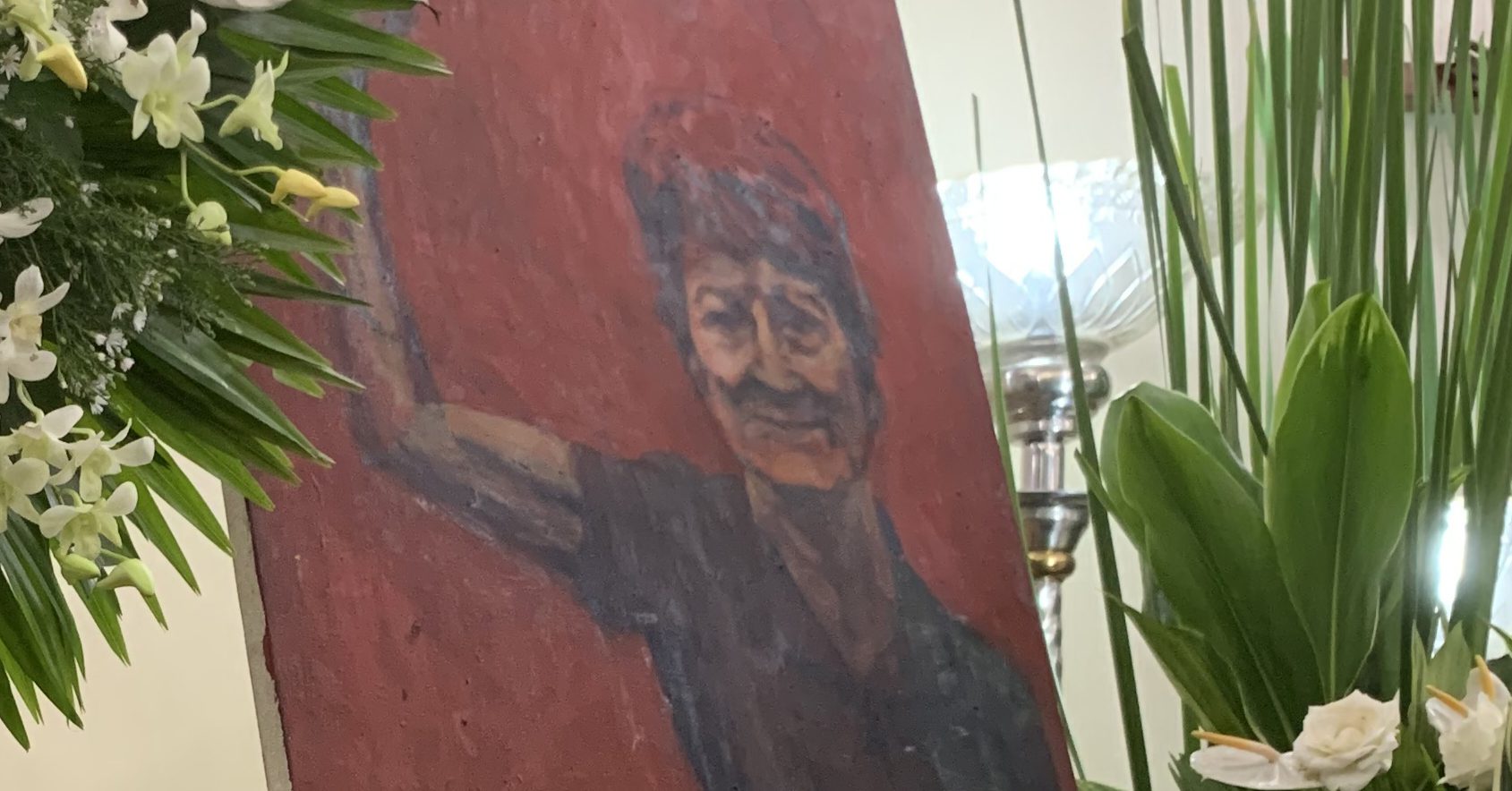By Abby Boiser
Her shrill and distinct voice electrified demonstrations, as she flung curses against the current president. Never mind that the voice came from a frail woman in her late eighties. When she spoke, everyone listened.
This was how people remembered Carmen ‘Nanay Mameng’ Deunida, an urban poor leader whose fiery speeches marked the highlight of every rally she went to. Throughout the years, her words inspired passion for the people and stoked fear among those in power.
On July 19, at age 93, Nanay Mameng passed on, yet she left a legacy that continues to empower many.
Protesting patriarchy
Nanay Mameng had her first glimpse at activism after she was physically abused by her husband. Though she sought for justice, her family dismissed her saying, “Kung saan ka nadapa, doon ka bumangon.” Her church told her that separating from her husband is a prohibited act. The police, meanwhile, dismissed her case as a “simple matter of marital bickering.”
Unrelenting, she continued to seek help and found refuge among a group of young activists from Kabataan para sa Demokrasya at Nasyonalismo (KADENA), who at one time asked her if they could hold a meeting in her home. Nanay Mameng was already 50 years old at that time, yet that did not stop her from joining KADENA even at the height of the Marcos dictatorship. This eventually led to her joining the newly-formed organization Samahan ng Maralitang Kababaihang Nagkakaisa (SAMAKANA).
Sharon Cabusao-Silva of the women’s group Gabriela recounted Nanay Mameng’s desire to engage in discussions and meetings to further educate herself about women’s issues.
“Malinaw sa kaniya yung ugat ng kaapihan. Hindi lang siya nag-iisip para sa sarili, tunay siyang lider-masa na ang iniisip nya palagi ay ‘yung kapakanan ng marami,” said Cabusao-Silva.
A few months after intensive discussions with her new organizations, Nanay Mameng not only successfully broke away from the grips of her abusive husband, but also became more active in pressing for societal change.
“Naging personal na interes niyang sumali sa organisasyon, pero noong siya ay nakasli na, tumulong na rin siya sa iba pang nakaranas ng ganiyang klaseng kaapihan,” Cabusao-Silva recounted. “At ipinaglaban pa niya, higit pa doon.”
Urban poor leader
For decades, Nanay Mameng lived with her nine children in a 45-square meter dwelling made of corrugated metal and scrap wood in the slums of Leveriza, Manila. They all slept on a cramped “second floor,” while they reserved spaces for her abusive husband marked by chalk.
Nanay Mameng’s family lived in this space since the 1940s, but it was only in the 1950s when she started asserting ownership of the land they were occupying through a campaign she led with a group of dwellers in Leveriza. Through the campaign, she was able to secure her patch of land through amortization, yet it disturbed her that some of her neighbors weren’t permitted to own theirs.
This was one of the motivations that stoked Nanay Mameng to take part in forming the Kalipunan ng Damayang Mahihirap (KADAMAY), where she served as chairperson, then later chairperson emeritus. Using her prowess for rhetoric, she went to various communities and urged women to collectively assert their rights against land-grabbing companies.
The current national chairperson of KADAMAY, Bea Arellano, said that she drew lessons from their days together of organizing in Manila during the 1980s. “Si Nanay, palibhasa ay laki sa hirap, ay talagang malalim ang pinaghuhugutan,” Arellano recounted.
Nanay Mameng taught her younger counterparts not to undermine the importance of empathizing with the issues of the urban poor, Arellano noted.
“Nandiyan ‘yung demolisyon, ‘yung kawalan ng trabaho, at kawalan ng serbisyong panlipunan. ‘Yan lahat ay kampanya na dinadala natin kasama ni Nanay Mameng [bilang] tagabandila sa malalaking rally,” she stressed.
Activist mother
Motherhood, for the longest time, had been idealized as a sacred identity of gentle care and concern. For Nanay Mameng, however, it meant unyielding activism with the guiding principle that her children deserved the right to live in a free and equal society.
The almost-century life of Nanay Mameng now serves as a stark invitation for the youth to devote their strength to serving the masses and to work for genuine change.
She had lived through multiple presidents, two EDSA People Power demonstrations, and had experienced various forms of brutalities. She had been abused, displaced, and deprived by poverty repeatedly. Even if she began her activism late in her life, she was resolute in dedicating her final years in pursuit of a more justified future for the incoming generations.
For many urban poor advocates, Nanay Mameng’s legacy as an activist leader will live on and will continue to inspire many to assert their rights. In protests and demonstrations to come, in the fervent call for social justice, her memory will live on.










0 Comments